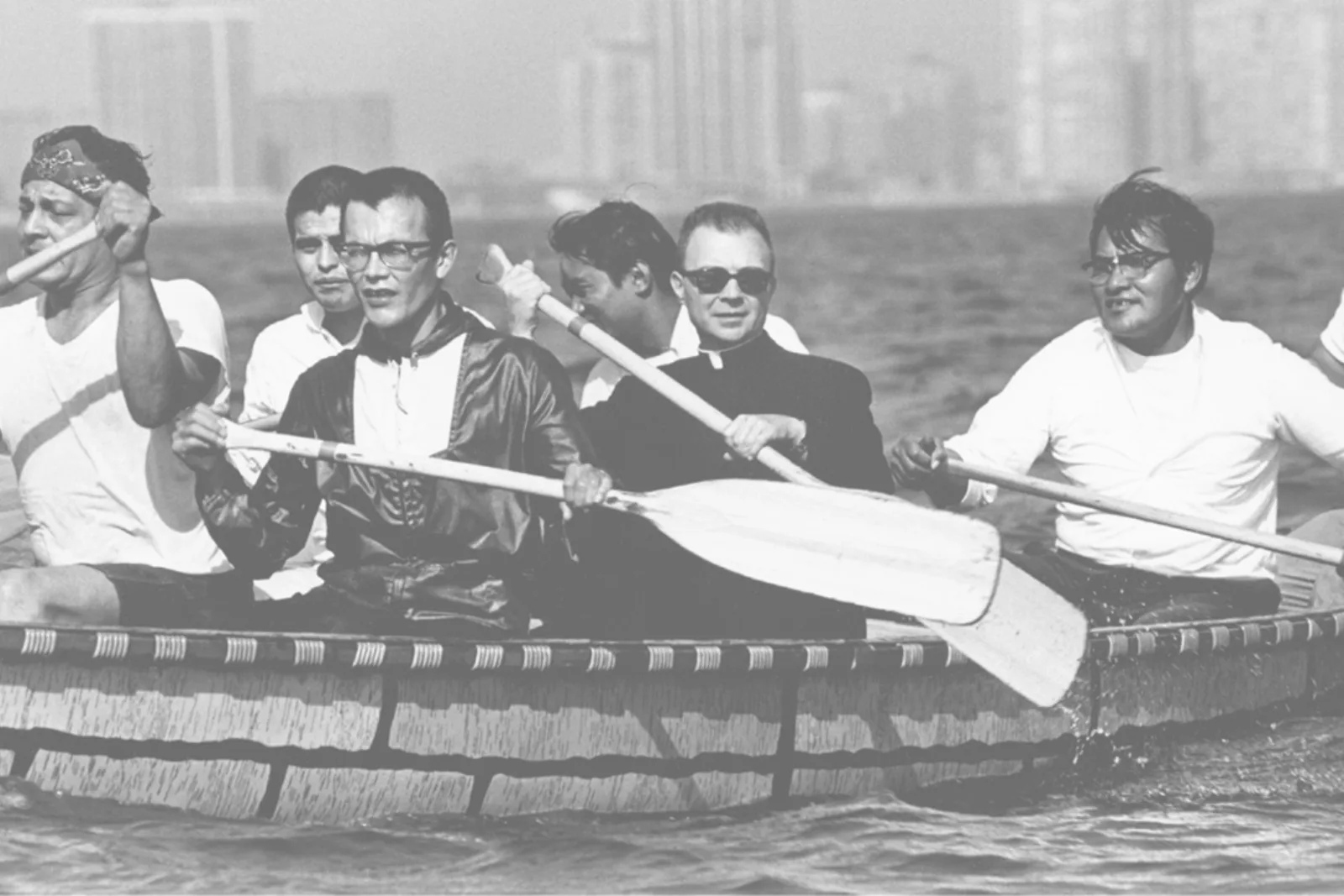The Newberry is pleased to announce that it has received a $2.2 million grant from Lilly Endowment Inc. through its Religion and Cultural Institutions Initiative. The grant will support a five-year project, Beyond Belief: Religion and Social Change in 1960s Chicago, that will illuminate how diverse religious traditions have influenced Chicago's history and critically examine the city's social movements through lenses of religion, race, and ethnicity.
“We are thrilled to receive this grant as it aligns closely with our collection strengths in religion and Chicago history,” said Astrida Orle Tantillo, President and Librarian of the Newberry. “Further, it supports our mission of fostering deeper understanding and encouraging meaningful conversations about ideas that matter to diverse audiences.”
Beyond Belief will include both public and scholarly programming, teaching resources, oral histories, strategies for preserving and providing access to collections and archival materials, and an exhibition. The Newberry will work with cultural and religious organizations across Chicago, as well as scholars from multiple disciplines, to facilitate collaboration and inclusivity.
The Newberry is one of 33 organizations from across the United States receiving grants through the latest round of the Religion and Cultural Institutions Initiative. Its aim is to support cultural organizations as they strengthen their capacity to provide fair, accurate and balanced portrayals of the role religion has played and continues to play in the United States and around the world.
“The United States is widely considered to be one of the most religiously diverse nations today,” said Christopher L. Coble, Lilly Endowment’s Vice President for Religion. “Many individuals and families trust museums and other cultural institutions and visit them to learn about their communities and the world. We are excited to support organizations like the Newberry as they embark on projects to help visitors understand and appreciate the diverse religious beliefs, practices and perspectives of their neighbors and others in communities around the globe.”
The Beyond Belief initiative will be led by Karen Christianson, who joined the Newberry in 2008 and has held many positions across the library, including Interim Director of the Center for Renaissance Studies, and Director of Public Programs and Adult Education. In 2019, she led Chicago 1919: Confronting the Race Riots, a year-long programming initiative involving thirteen partner organizations, which received the 2020 Outstanding Public History Project Award from the National Council on Public History.
If you are interested in participating in the Beyond Belief initiative as a partner, please email us at belief@newberry.org.
